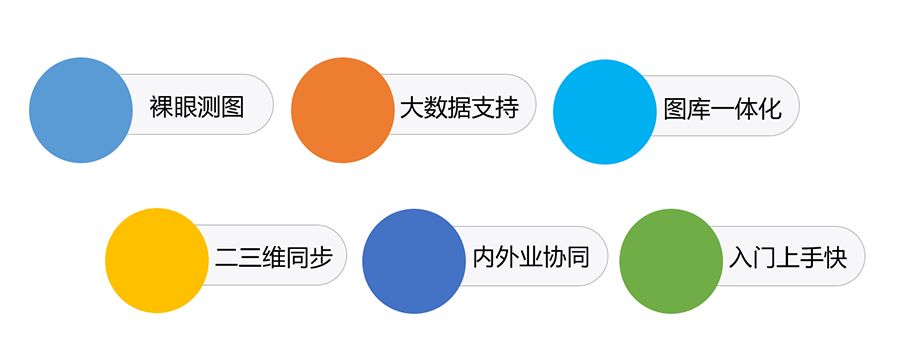

Inference is usually based on computationally intensive stochastic algorithms.

He has designed stochastic models to study principles, dynamics and patterns of complex dependence. Originally from Italy, where he had positions in Rome and Venice, Frigessi moved to Norway in 1997 as a researcher at the Norwegian Computing Centre, before he became professor at the University of Oslo.įrigessi has developed statistical methodology motivated by specific problems in science, technology and industry.

BigInsight is a centre of excellence for research-based innovation, a consortium of industry, business, public actors and academia, developing model based machine learning methodologies for big data. He was awarded an OBE in the Queen's New Year Honours List 2011 for services to healthcare.Īrnoldo Frigessi is professor of statistics at the University of Oslo, leads the Oslo Center for Biostatistics and Epidemiology and is director of BigInsight. He is also an adjunct Professor of Telehealth at the University of Southern Denmark. He is an advisor to Innovate UK for its Industrial Grand Challenge programme for Health Ageing. He has been an advisor to several European governments and organisations on digital health and care. He is an assessor for the European Commission on programmes involving digital health and care provision and is a member of the WHO roster of experts for digital health.

He is a Board member of TEC Quality, a UK organisation leading the implementation of quality standards and practices across the assisted living sector in the UK. George is on the Board of the European Connected Health Alliance and is past president of the European Health Telematics Association. George was a General Medical Practitioner for 23 years in Aberdeen latterly combining that role as Director of Primary Care for Grampian. He was previously the Medical Director for NHS 24 and Director of the Scottish Centre for Telehealth & Telecare. DHI provides opportunities for Scotland’s public sector, academia and industry to co-design digital solutions to some of the country’s biggest health and care challenges working with patients, service users and their families. He leads an organisation that is tasked with delivering innovation in digital health and care that will help Scotland’s people to live longer, healthier lives, deliver sustainable health and care services for the future and create economic benefits for Scotland. Professor George Crooks is currently the Chief Executive of the Digital Health and Care Institute, Scotland’s national innovation centre for digital health and care. Professor George Crooks OBE MBChB FRCP FRCGP Prof George Crooks OBE MBChB FRCP FRCGP Chief Executive Officer for Digital Health & Care of Scotland’s national innovation centre for digital health and care. Unlocking the power of digital technologies! Delivering Sustainable Healthcare in a Post Covid World.You can see the slides (Link behind the topic) and the recordings of the talks below.
Hidata disease free#
This webinar is organised by the Helsinki Centre for Data Science and it is open for the public and free of charge. Come to our webinar and hear the top-researchers from different areas of research. What has the Covid-19 Pandemia tought us? How can data science help with understanding big changes, making big decisions or societal data-analysis? How can the different areas of research benefit from it? Have the research interests been drastically changed?ĭata Science is an interdisciplinary field focusing on methodologies for extracting knowledge and insights from data thus contributing to different areas of science. Research laboratories and infrastructures for Computer ScienceĬooperation with the Department of Computer ScienceĬontact information for the Department of Geosciences and GeographyĬontact information for the Department of Mathematics and StatisticsĬontact information for the Department of Physicsĭata Science in the Post-Covid world at 9:00-11:00 (EEST) Continuous learning and web-based studiesĬontact information for the Department of Chemistry


 0 kommentar(er)
0 kommentar(er)
